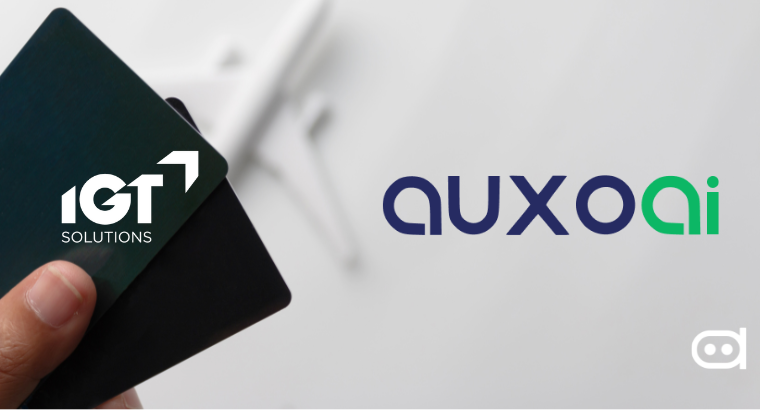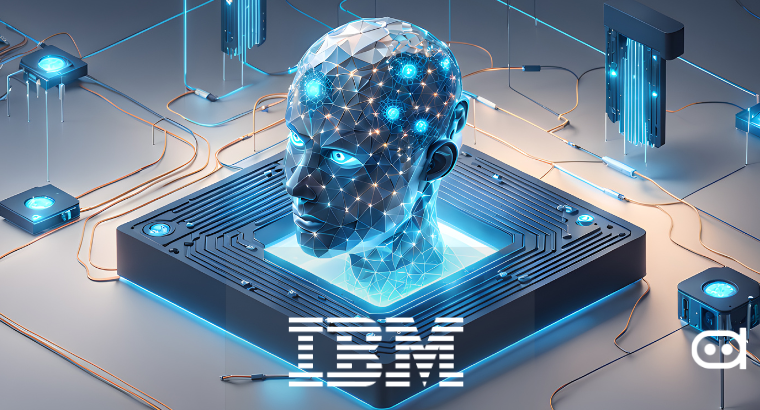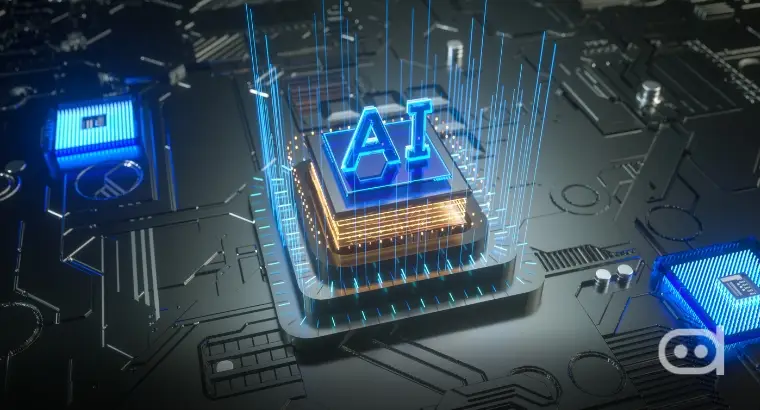
Technology innovation is inescapable. Fortunately, it often leads to higher efficiency and growth worldwide. AI, an acronym for Artificial Intelligence, is a perfect example. Integrating AI with multiple industry segments has enhanced efficiency, increased productivity, and boosted creativity. Now, with time, many more businesses are exploring the use cases of AI, and they may be able to invent one if it helps them serve customers better.
At the core are the tools and experience, a combination of which forms the perfect groundwork for the future of the companies and industries in which they operate. This is part of the overall coverage that will be demonstrated at Google Next ‘24.
How are businesses using AI platforms?
Some platforms that have deployed AI in one way or another are Google Cloud, Amazon Web Services (AWS), Microsoft Azure, and IBM Watson. They ensure that coding and storage solutions are simple for their users. Compilations, if any, are automated, increasing utility for developers regardless of work experience or language understanding.
Google Cloud stands out with its robust AI capabilities. The support of Machine Learning (ML) and Natural Language Processing adds to that component.
The enormous volume of data that Google has amassed over the years makes it effective. To enable the machine to learn from the pool, all it needs to do is place everything under one roof. A simple way to understand this is using the auto-complete function on Google Search. Users search for a query, and Google automatically suggests words to complete the phrase. That is based on what users often look for on the platform.
Next is the high accuracy of AI models, along with their versatility. This pertains to the ability of AI models to solve complex tasks without human intervention. It can range from translation to text generation or code analysis. Auto-generated captions on YouTube are part of it.
Finally, Google Cloud focuses on user-friendliness with all its projects. This further strengthens the position by bringing solutions for common tasks. These solutions can be easily integrated so that the project can get started with all the fundamentals covered.
Examples of businesses leveraging AI
On the one hand, theoretical discussions are important, but practical application leads to a better understanding. Therefore, the next section of the discussion will examine how businesses use AI.
Bayer
Bayer is looking to help radiologists by enabling them to deploy AI-first healthcare applications. Radiologists can leverage AI in multiple ways, including document creation, intelligent search, and data analysis. Covering the basics is expected to increase diagnostic turnaround and efficiency.
Best Buy
Best Buy is set on introducing assistance for customer support and frontline employees. This will follow the much-awaited implementation to help customers reschedule order deliveries, connect with generative AI-powered virtual assistance, and troubleshoot their product issues.
Cintas
Cintas is specifically looking to leverage Vertex AI Search by Google Cloud to improve customer service productivity, find critical information conveniently, and deliver tailored or customized customer experiences. AI, in the backend, will help navigate large sets of contracts, product libraries, and documents.
Discover Financial
Discover Financial has already published early results. They have painted a brighter picture, showing that the integration helps improve policy and procedure search time by almost 70%, reduces call handling time, and provides more dedicated service to customers instead of looking up some pieces of information. Discover will use Google Cloud’s AI platform, Vertex AI, to provide almost 10,000 contact center agents with next-generation AI-driven tools and capabilities.
IHG Hotels & Resorts
IHG is bringing out the best of the chat experience. It will help customers seek answers to their questions and review recommendations. The integration will be staged directly on the mobile app with a generative AI-powered chatbot.
Mercedes-Benz
The automobile company is rolling out a smart sales assistant powered by AI to recommend its products to customers and help them make the right choice. Mercedes is further looking to upgrade its customer service experience using AI tools like Vertex AI. Mercedes-Benz is also using generative AI to power its in-car voice assistant, allowing for more natural interactions and individualized driving experiences.
WPP
WPP is looking to integrate Google’s general AI capabilities into WPP Open, an intelligent marketing operating system. This system will support creativity, efficiency, and personalization. It will also leverage video descriptions with narrations, including voice generation via ElevenLabs.
Conclusion
Simply put, AI is expanding at a much faster pace across several industries. Its application is not restricted to a single segment but rather spans an ecosystem to benefit both companies and customers.






